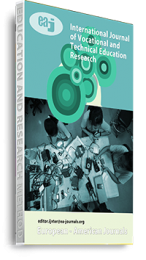This study determined the influence of ‘Return on investment in Business Education on undergraduate skills development in Federal Universities in Nigeria. The 5 specific objectives postulated were structured into 5 research questions and 5 null hypotheses. The survey design was adopted for the study. A population of 2080 was used of which 460 (22%) respondents were sampled for the study, using multi-stage sampling technique. The researcher designed two sets of questionnaires: Investment in Business Education Questionnaire (IBEQ) and; Undergraduates’ Skills Development in Business Education Questionnaire (USDBEQ) generated data for the study. The instruments were validated by five experts. The reliability coefficients using Cronbach Alpha reliability analysis were 0.86 and 0.79 for IBEQ and USDBEQ respectively. The null hypotheses were tested using Multiple Regression Analysis (MRA). The findings made were that ‘Return on Investment’ in Business Education: office accommodation; classroom space; physical facilities; equipment; library facilities; significantly influence undergraduate skills development. The null hypotheses were rejected. It is concluded among others that investment in Business Education will continue to yield proportionate returns in terms of undergraduates’ skill development. Recommendations made are that: more academic staff should be employed for Business Education Programme in order to reverse the lopsided ratio of lecturer to student; lecturers should be provided with office accommodation; the ratio of practical to theory in Business Education curriculum should be 60: 40; among others.
Keywords: Business Education, Investment, Returns, Skill

